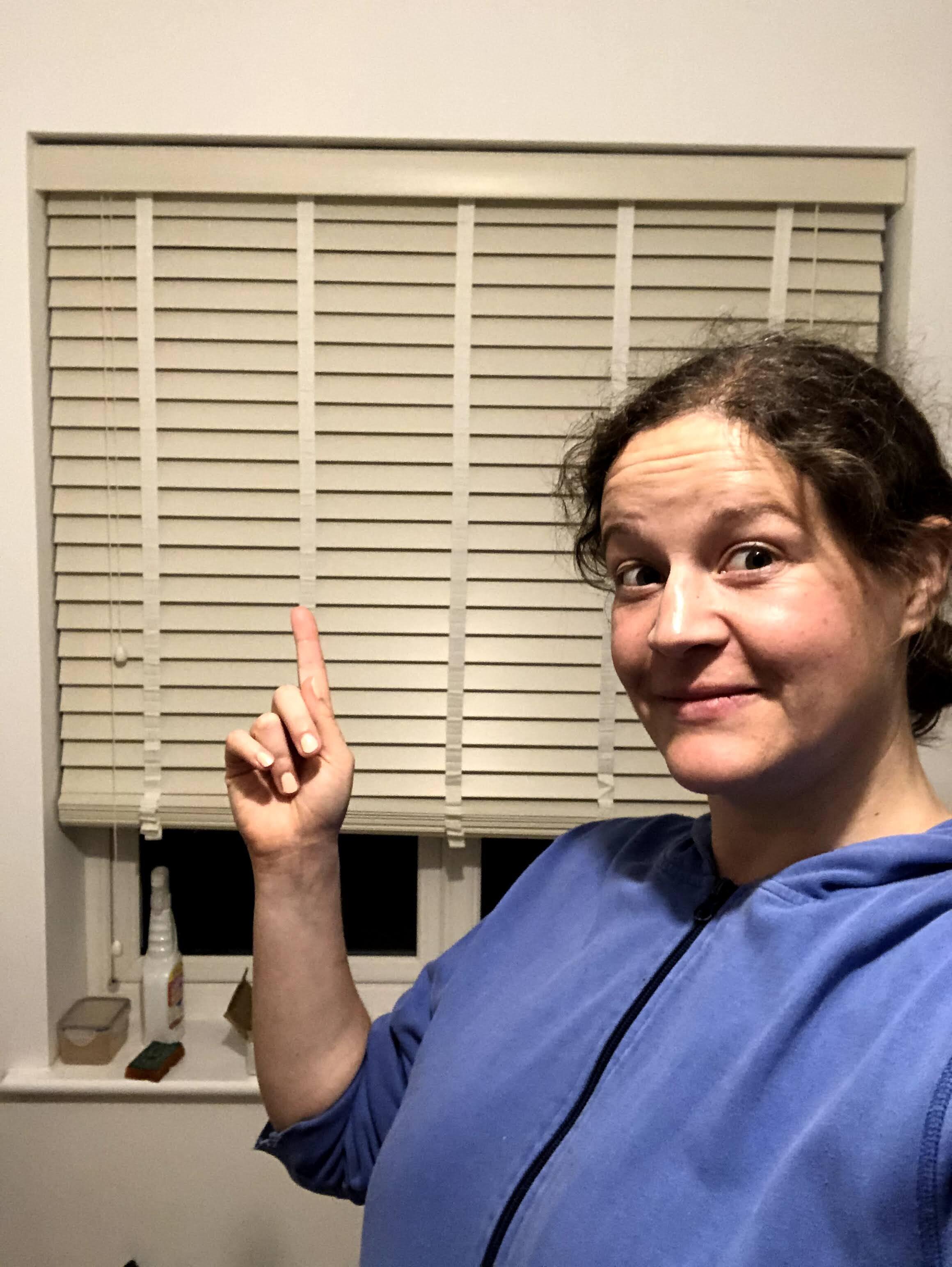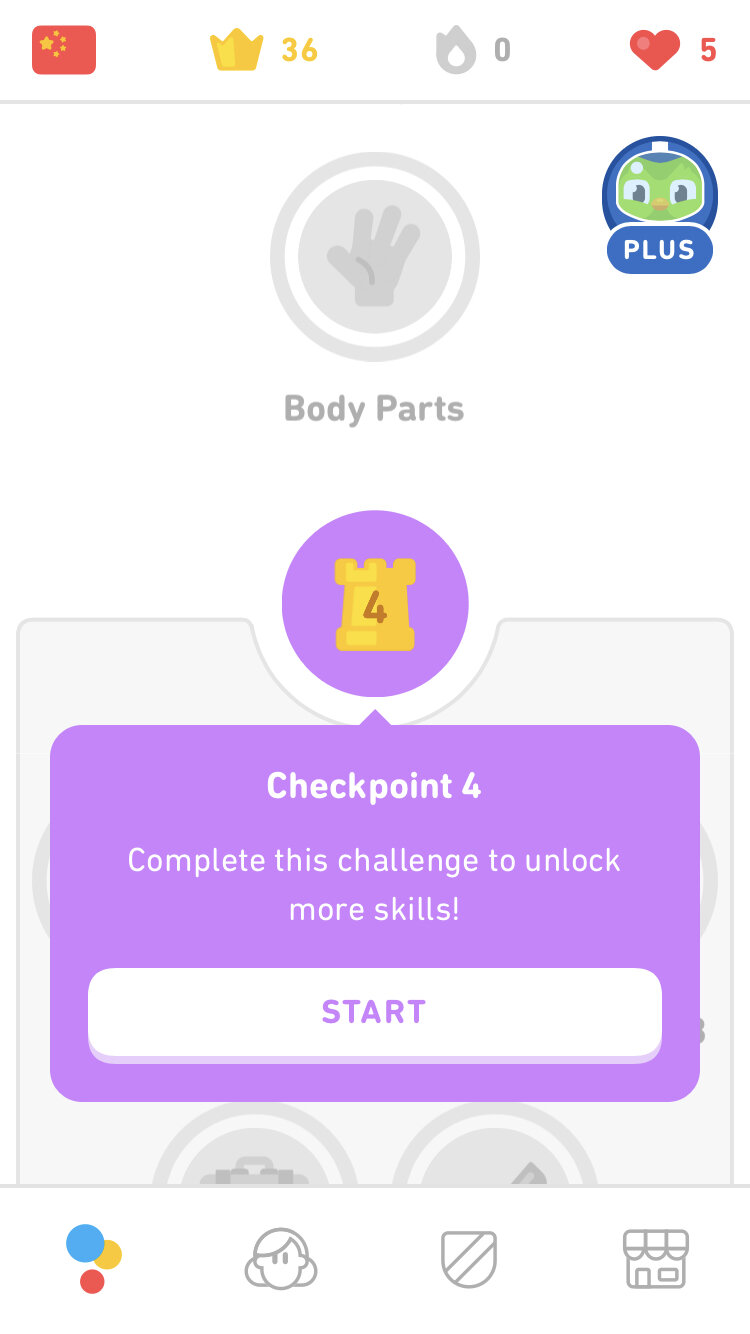Language coaches are the hidden treasure of the language learning world.
An amazing coach can train you up, just like a sports coach, to be an incredible language learner.
But if you don't pick a great match (or don't work with them in the right way), you can end up frustrated and out a lot of money.
In this master post, you’ll find everything you need to figure out exactly what a language coach will do for you and how to get the most out of every session.
By the end of this guide, you will have:
- an actionable plan to start with a language coach,
- how to get the most out of your investment, and
- how to use alternative products to get better at language learning.
What is a Language Coach?
Before we get into the super helpful topics on this list, let’s explain what a language coach is and isn't.
That's because there are a ton of misconceptions about what a language coach's responsibilities are and confusion about the differences between a language coach and language teacher.
Pretend you are an English speaker learning French. You would need a French teacher who also speaks French, right?
Well for a language coach, it doesn't matter if they speak French or not.
You could even be working on a language that that language coach had never even heard of before! That's because a coach isn't going to teach you any specific language skills.
So what are they going to teach you?
To put this into perspective, what sets strong adult language learners apart is their ability to troubleshoot their own problems; come up with unique solutions; and build strong study habits.
A language coach will help you become that strong language learner. Unless you bring up specific problems with grammar, vocabulary, or any language learning skills, those won't be the focus of your sessions.
Sure those rules can be broken, but in general, a teacher will help you catch and fix errors by explicitly telling you the "right" way to do something.
But because we are all individuals with our own personal learning styles, busy lives, language goals, and language anxieties, a language coach will more likely focus on solving your problems with you: but not necessarily telling you the one "right" way to do something.
There's also the question of what makes someone a language coach.
With language teachers, there are large institutes, recognized accreditation programs, and achievable diplomas to show a student that they are qualified to teach a certain language. Not all language teachers have these, but many do.
But with language coaches, there is no universally recognized accreditation or certification program.
So how do students decide if the coach is the best expert for them? All language coaches speak several languages so they know your struggle and have been in your shoes. They usually have blogs, YouTube channels, podcasts, or books on the subject so you can judge their expertise for yourself. Because of all of this, language coaches are a bit harder to qualify. (But don't worry: we'll give you some good tools for how to do so below.)
Finally, neither a language coach nor a language teacher can fix your problems themselves.
Language learning is one of the most egalitarian skills in this world because you cannot buy it from anyone.
Sure, people with more money may also have more time: but it's truly a question of who is willing to put in the effort.
So before you consider going any further, you must ask yourself: if I work with a language expert, am I willing to put in what it takes to train myself into an amazing language learner?
How to find a language coach you love
Now that we've cleared that up, follow this roadmap and you are bound to find a language coach that you love.
Follow along and see what your next steps might be:
The most important thing here is that you find the best-fit coach for you yourself.
So outside of a quick Google search, our advice is that you follow potential coaches outside of social media and see what they really have to say.
No matter what, we highly recommend learning more about language learning whether or not you find a coach.
To do so, check out The Fluent Show (a podcast about loving, living, and learning languages) or any other number of linguistics podcasts or linguistics books.
The most important thing you are building with a language coach is your metacognitive and metalinguistic skills - that means knowing more about how language learning works and how to set up the right study systems for yourself.
And while a coach can be an amazing investment along the way, ultimately it's up to the student to truly learn and practice their skills.
Next up, the best tips to help you prepare for a future coaching relationship.
But if you're looking for an alternative to language coaching, you’ll find those in the final section of this article.
What To Expect & How To Prepare for Working With A Language Coach
If you've never worked with a language coach before, it can feel vulnerable to open up about your problems to a stranger. Here’s what to expect from your first language coach meeting:
A Chat with Nicole: Illustrator and Language Coachee
Nicole began studying French at university, but after moving to the UK wanted to dedicate more time towards her language studies. Her problem? How to find time and dedication for solo learning after the beginning stages. How do you get really good?
If you're a podcast fan, listen to this Fluent Show episode either in-browser here or where ever you listen to your favourite podcasts. In it, Nicole and I talk more about what working together to solve Nicole's problems was like.
A Talk with Suzanne: Grad Student and Language Coachee
Suzanne (@suzanne.linguist on Instagram) is a self-proclaimed language dabbler, who's hobby has always been trying out little bits of languages here and there.
But as she moves closer to finishing her Master's in Library Science, she wanted to take her linguistic curiosity to the next level and work towards fluency in several languages.
That's when she began working with me as her language coach. Here are some of the tips she laid out for anyone thinking about trying out coaching for the first time.
1. Feeling a little nervous is normal.
Suzanne admits she was excited, "and also feeling a little anxious." Not knowing what to expect is normal, and with time going into sessions will feel more and more natural.
2. When booking your session, leave a note to your coach about what you want to talk about.
When using an online booking platform, most coaches have a place where you can leave a note. If you have an idea of what you want to discuss during your session, you can drop it there for them to glance at before the session.
3. During the days before your session, reflect on your problem.
Suzanne's two biggest tips involve preparing yourself for your session.
"First and foremost, come with questions," she says. "Second, have some idea of your topic priorities. My best sessions with Kerstin are when I’m very well prepared."
And how can you go about thinking about those questions?
"I’ve tried different methods [of preparing]," says Suzanne. "I once did a mind map. Usually I brainstorm in a digital note. And always I ask a polyglot friend or two, which is invaluable, as they’ll remind of things I brought up but had forgotten about."
4. Be present and truthful.
There might be a bit of nervousness in the first session or two, Suzanne reflected. But she also joked: "Stay calm... you’re in good hands!"
Remember: language coaches have seen plenty of problems before, so if you openly share your roadblocks or frustrations with them, that's not admitting failure. In fact, it's the first step to fixing the problem!
Straying off-topic a bit of thinking out loud might be a normal part of this process. "I can get off on tangents," admits Suzanne.
But part of working through these problems is also helping you explore different angles while saying on the right path.
5. Have a scrap paper nearby, but don't worry about it.
"I don’t usually take notes," says Suzanne.
The goal is to be present and thoughtful. But jotting something down might be helpful every once in a while.
6. After your session, take time to reflect and plan.
Coaching tends to get your creative juices flowing. For some people, pausing post-session to journal or talk to someone can be a great extension of what you worked on with your coach.
"In the hours following a meeting, I often brief polyglot friends on any new ideas or directions," says Suzanne. "I also put any time-bound items in my task manager, which is where I organize my language hobby."
7. Use your new skills and solutions during the coming weeks
Remember: a language coach can't magically teach you a language. (Teaching you a language isn't even their job!)
So it's important to take ownership of your own learning process. See what works, see what doesn't, and see everything through.
Then, bring in those new experiments and experiences into your next session.
8. Connect with other language learners
Over and over in our interview, Suzanne kept bringing up one thing: the online language community.
First, and most obviously, there are the native speakers of the languages we want to learn.
"I'm motivated to learn modern languages because I'm fascinated by cultures and communities. Interacting with native speakers, I've learned so much about their lives and the way they think."
But outside of just language exchanges or tutoring relationships, there are also huge communities on Facebook, Instagram, Reddit, and Tumblr of other people who, regardless of language, want to connect with us.
"Language learning for me brings more joy when I can geek out with those who 'get' me," she says. "I love the mutual encouragement [and] the camaraderie."
With this community, you don't necessarily need to speak the same language--just love to talk about struggles, victories, and new experiences.
"Sometimes we're too close to ourselves to see the bigger picture," says Suzanne. "Language friends and coaches inspire and inform us!"
3 Alternatives to Language Coaching
If language coaching is out of your budget, that doesn't mean that you can't benefit from the advice of experts.
Here are the top 3 alternatives to language coaching.
1. Language podcasts
There are plenty of language learning podcasts hosted by experienced language learners and coaches who will fill your feed with awesome educational material.
PROS: My own podcast, the Fluent Show, has a massive back catalogue of over 200 episodes, many of which answer the most common questions you have about language learning. It's inspirational, educational, and will always be free.
CONS: Unlike one-on-one coaching, there's no one to address your specific problems or help with follow-up questions.
Click here to listen to The Fluent Show on Spotify, Apple Podcasts, Google Podcasts, Stitcher, or search your favourite podcast platform today.
2. Linguistics Books
Plenty of language learning experts have written some amazing linguistics books specifically for language learners.
PROS: Linguistics books are thoroughly researched and edited by professionals, meaning the quality of content and advice is going to be much higher than other platforms like YouTube.
CONS: Since your library is unlikely to stock this niche category of books, you'll likely have to invest a few dollars into buying them.
But as a starting point, check out these in-depth interviews with two awesome book authors who specialise in language learning!
Becoming Fluent by Dr Roger Kreuz
Ultralearning by Scott Young
Find more linguistics book recommendations for language learners here!.
3. The Language Habit Toolkit
Finally, there's the Language Habit Toolkit.
The Toolkit is designed to help students solve the 10 most common problems they are likely to see a language coach about, and costs less than a first coaching session might. It includes (1) a multimedia training on Teachable.com, (2) printable worksheets and accountability trackers, and (3) plenty of annual goodies like live trainings, study sessions, and pop-up community groups.
PROS: It will help you solve the most common problems language learners have for a price that's better than coaching. It's not only a training, but comes with monthly activities, planners, and trackers.
CONS: It requires more self-discipline than working with a coach since you have no human holding you to using it.
Conclusion: What Do You Do Next?
This article was designed to give you the most in-depth understanding possible of what language coaching is and how you could use it.
But ultimately, you won't know if it's a good fit for you until you try it out.
As you leave this article, consider reviewing the above flow chart and picking your next action based on what makes the most sense for you.
Click here to contact me about a trial session, click here for the Language Habit Toolkit, or check out The Fluent Show on your favourite podcasting platform.


















